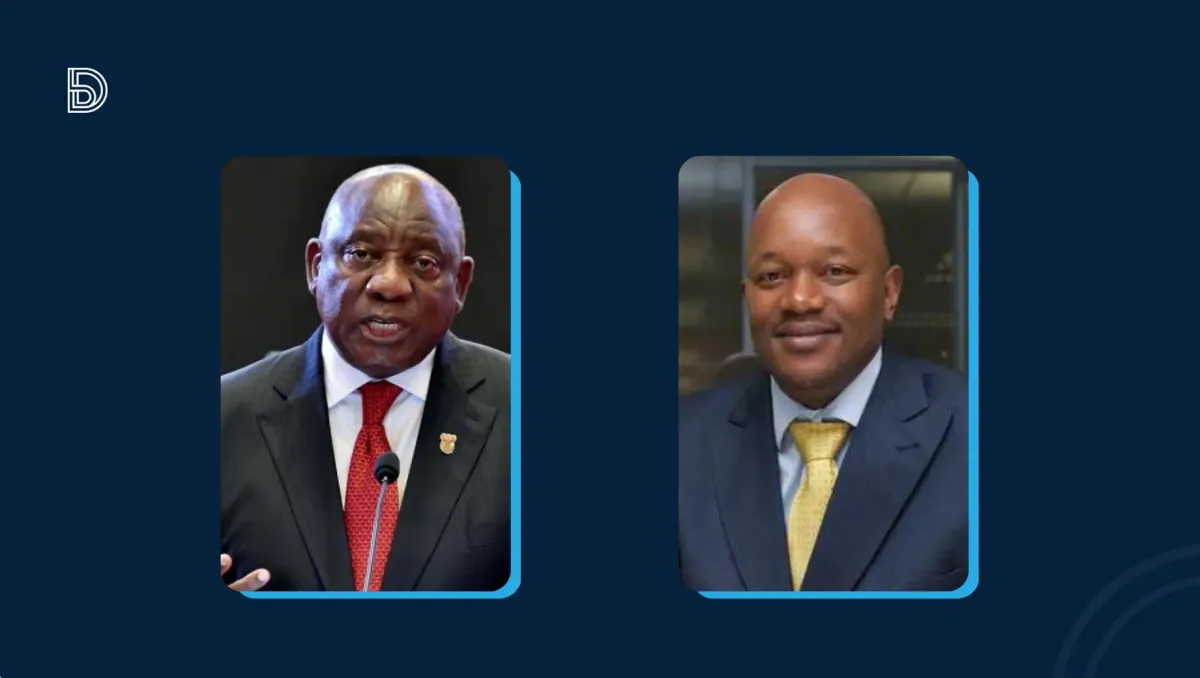Why Telkom is suing South Africa's President Ramaphosa
Telkom has sued President Cyril Ramaphosa to halt a probe into the company's dealings in its African operations dating back to 2006.

Telkom, South Africa's leading information and communications technology (ICT) services provider has sued President Cyril Ramaphosa to halt a probe into the company's dealings in its African operations dating back to 2006.
In January, President Ramaphosa authorised a wide-ranging probe of possible maladministration in the disposal of Telkom's assets—iWayAfrica, Africa Online Mauritius and Multi-Links Telecoms – during the telco’s sojourn in Africa.
With the authorisation, the Special Investigating Unit (SIU) was allowed to investigate possible maladministration in the sale of these assets, which resulted in the telephony company losing millions of rands.
Local media has reported that Telkom has filed papers at the North Gauteng High Court to halt the probe. Listed as the defendants in the papers are president Cyril Ramaphosa, communications minister Khumbudzo Ntshavheni, the SIU and Edward Scott, director of Phutuma Networks. The defendants have 15 days to respond as to whether they will oppose the motion.
According to the court papers seen by ITWeb, Telkom says its two parts application seeks to interdict the SIU from continuing with the investigation. Meanwhile, the other part seeks to declare unconstitutional, invalid and of no force or effect the proclamation issued by the President which instructs the SIU to investigate allegations of maladministration and impropriety at Telkom.
Telkom stated that President Ramaphosa acted without grounds, irrationally, arbitrarily and for the purposes not authorised by the SIU Act by authorising investigations into vague allegations, formulated and cast in the widest possible terms, covering a period of some 15 years.
This is happening a few days after Telkom announced that it has entered talks with Africa’s largest mobile network operator MTN about a possible acquisition of itself by MTN. The acquisition structure will see MTN acquiring the entire issued share capital of Telkom in return for shares or a combination of cash and shares in MTN.
President Ramaphosa had ties to MTN, serving as chairman of the board from 2002 until May 2013, during his term as deputy president of the African National Congress.
Who owns Telkom?
40.5% of Telkom is owned by the South African government, while another 14.8% is owned by the Public Investment Corporation (PIC), which is closely linked to the government. This means that government has power over the company—and is why it’s known as Telkom SA SOC (state-owned company).
According to Broadband, Telkom was birthed out of South Africa's Department of Posts and Telecommunications (DPT), which was broken into Telkom and the SA Post Office on October 1, 1991.
However, Telkom’s privatisation journey started when the government allowed the fixed-line operator to join forces with mobile giant Vodafone to start Vodacom. It went one step further when it allowed Telekom Malaysia and SBC to buy a 30% stake in Telkom in 1997 through the Thintana consortium. On March 4, 2003, Telkom was listed on the Johannesburg stock exchange (JSE) and the New York stock exchange (JSE).
Official figures show that the government owns 40.5% of Telkom, 49.6% is held by institutional shareholders, 3.4% is treasury shares, and non-institutional shareholders have 6.5%. 55% of the institutional shareholders are from South Africa, 24% are from the United States, 10% from the United Kingdom, 4% from Europe, and 7% from the rest of the world.
Telkom’s biggest institutional shareholders are the PIC (14.8%), T. Rowe Price Hong Kong (2.9%), Kagiso Asset Management (2.7%), Acadian Asset Management (2.5%), and Sanlam Investment Management (2.2%). 33% of institutional investors are value investors, 24% are growth funds, and 17% are index funds. It is interesting to note that only 11% are hedge funds.






